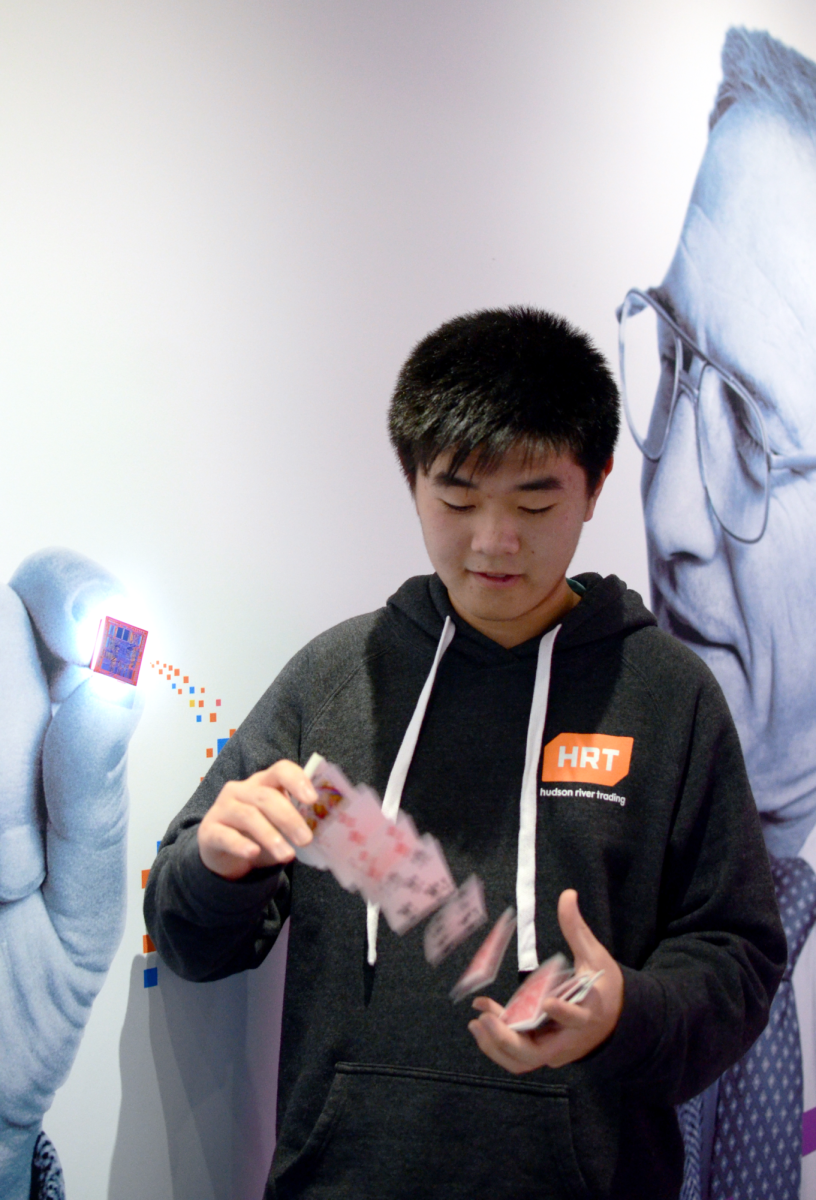An unruly, knotty behemoth of a coding problem stands before Thomas Liu (12). He’s taking the United States of America Computing Olympiad, and time is ticking away. Wondering how to wrangle the gargantuan task in front of him, he splits it into smaller parts. Frantic fingers race across the keyboard as he unravels the subtasks, drawing on ideas he typed up in previous contests. Finally, with a sigh of relief, he submits his code. All cases passed.
“I’ll have done this subproblem before, this subproblem before, and I’ll put them together,” Thomas said. “It’ll somehow come out well.”
Thomas’s devotion to programming was born in a competitive programming class. At the time, he was mostly interested in creating games to play with friends, but the class led him to enjoy solving programming contest problems as well.
“Eventually, if you do enough problems, you start enjoying them,” Thomas said. “There was a turning point in the summer of eighth grade where I realized, ‘I’ve been doing [competitive programming] for so long already.’ I started to actually enjoy doing it more — the process of solving the problems.’”
Ryan Zhang (12), Thomas’s neighbor and friend since third grade, admires Thomas’s positive attitude towards both programming and his life in general. In particular, he noted Thomas’s ability to persist even when the situation at hand is non-optimal or tedious.
“Thomas is optimistic about a lot of things,” Ryan said. “[He’s been] dedicated to the grind for so long. He’s a very hard worker at things he cares about, which is a valuable trait to have.”
Over the past six years, Thomas climbed the ranks in USACO, eventually being one of the 22 finalists invited to participate in the 2023 USACO training camp, hosted at Clemson University. There, four students were selected to represent the U.S. in the International Olympiad in Informatics (IOI), the most prestigious international programming competition for high schoolers. Despite his accomplishments, Thomas’s drive ultimately stems from the pleasure of “aha” moments.
“The satisfaction you get from spending all your brainpower and time to code up something to solve a problem and seeing it finally work — that’s one of my favorite parts of [programming],” Thomas said.
In his sophomore year, Thomas took the AP Computer Science with Data Structures class taught by upper school computer science teacher Anu Datar. Throughout the course, Datar observed his growth as a programmer.
“Thomas was technically extremely savvy — he knew a lot,” Datar said. “Towards the end, I saw that he had discipline in his coding style, and instead of taking cryptic shortcuts and making things look convoluted, he started writing code that wasn’t just robust, but also very well organized.”
Thomas’s rise to success in programming was not without bumps in the road. He recalls pushing through problems when motivation or energy ran thin and reminding himself to persevere.
“You have to recognize that this isn’t always going to be fun,” Thomas said. “You’re going to have to train really hard to do well. If you can do that, that’s how you get good at competitive programming.”
Datar noted Thomas’s ability to work well with anybody in the class and encourage his peers to be curious. Using his programming prowess to answer their questions instead of shunning them, he built a close-knit community.
“He’s very friendly, very approachable,” Datar said. “I’ve never seen him show off or shut somebody down because they said something incorrect. He’s very humble, very down to earth. It’s rare to see such a student who is extremely talented but if somebody else is asking a question, they will be very respectful, very polite, and they won’t snigger.”
Joe Li (12), a close friend of Thomas’s who frequently collaborates with him on competitive programming problems, described him as “a very jolly person.” By smiling even in stressful situations and making jokes to lighten the mood, Thomas’s infectious enthusiasm inspires others.
“People like being around him because he makes everyone else happy,” Joe said. “I practice with him all the time, and being able to discuss problems with someone and share ideas is a very big reason as to why both of us were able to improve so much.”
Thomas was the first person that came to mind when Joe was recruiting instructors for his online programming education initiative, ParagonX Academy. While working for ParagonX Academy, Thomas explored a completely different sphere: teaching his skills to younger students. Over the past few years, Thomas has hosted preparation classes for the USACO Bronze and Silver divisions, which has clarified certain concepts to himself as well.
“It’s been helpful to try to not make so many assumptions in my head [that the students might not make],” Thomas said. “If you can think about something with baby steps, you can understand it way better than if you skipped through with a bunch of assumptions.”
Joe noted that teaching made both him and Thomas more community-oriented and understanding. Interacting with students working towards the same goal as he is — to improve at programming — has caused Thomas to value collaboration more.
Whether he’s cracking jokes with his friends or sharing his programming knowledge with his students, one thing about Thomas is for certain: his insatiable desire to code.
“I just [code] every day,” Thomas said. “For hours. If you throw enough time at anything, I think you’ll become pretty good at it.”
This story was originally published on Harker Aquila on January 12, 2024.



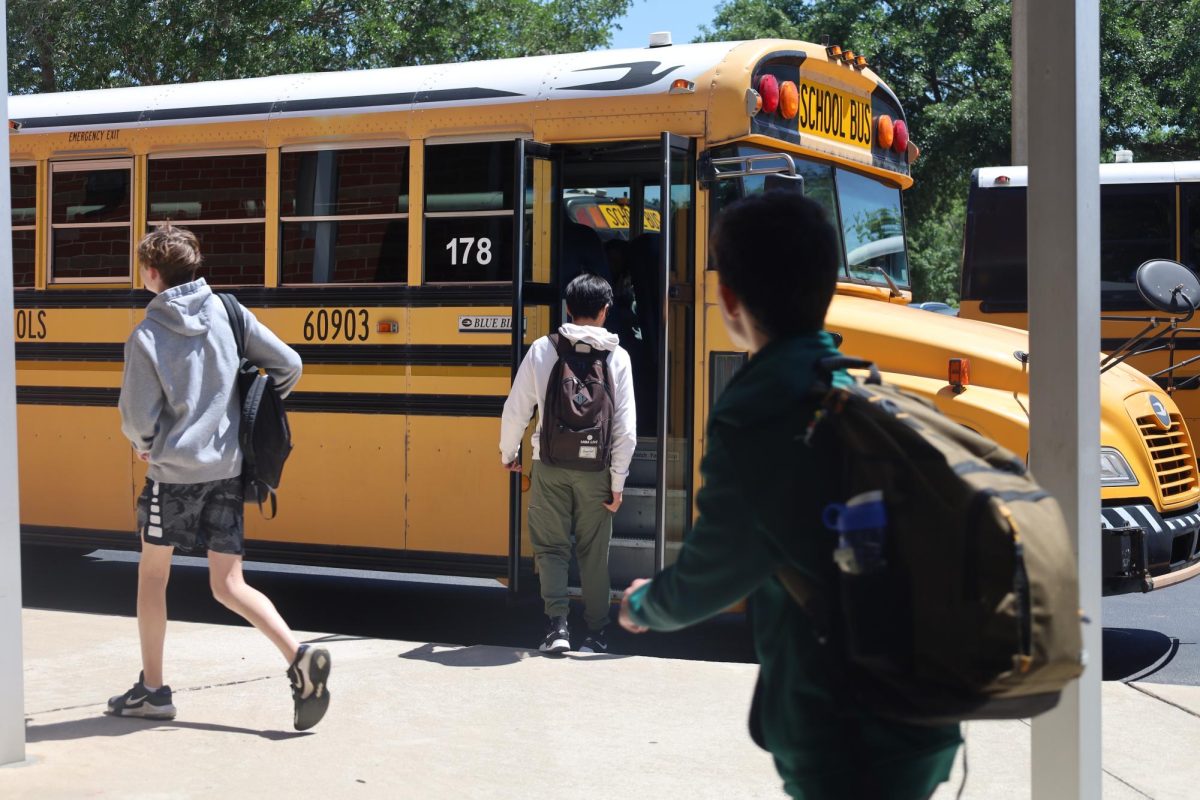
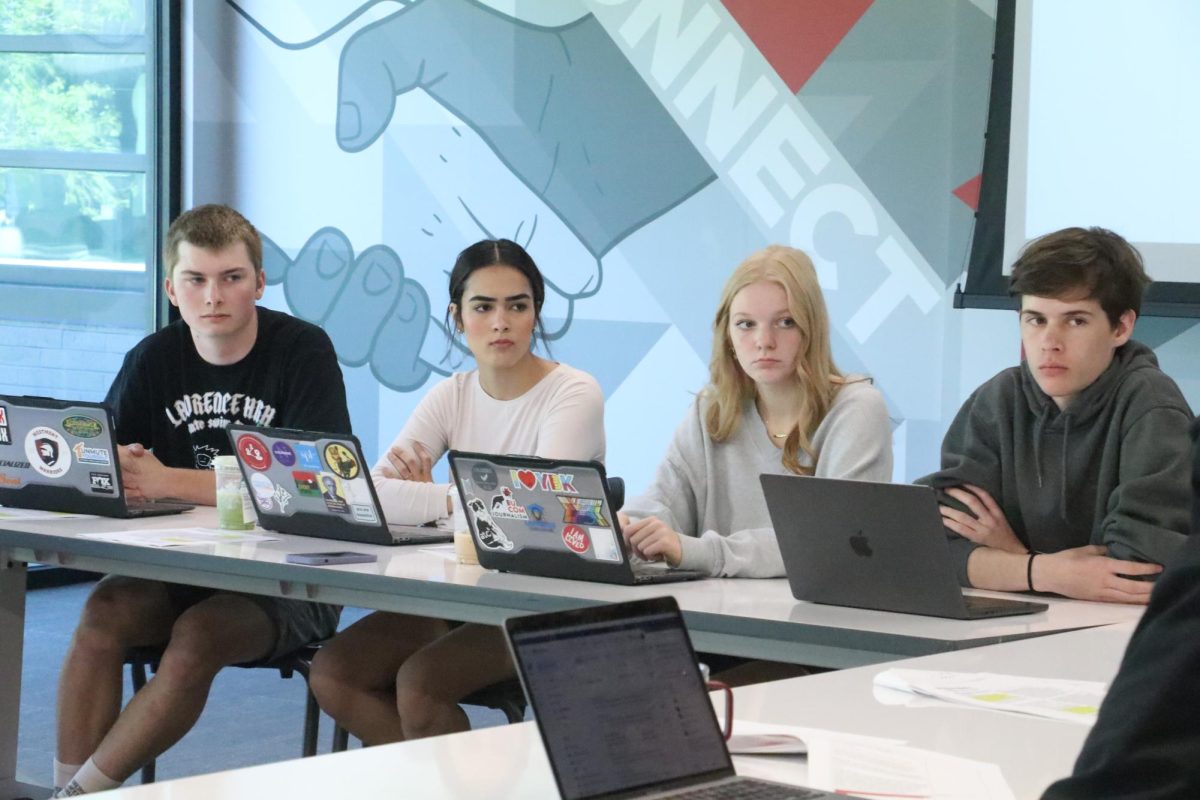


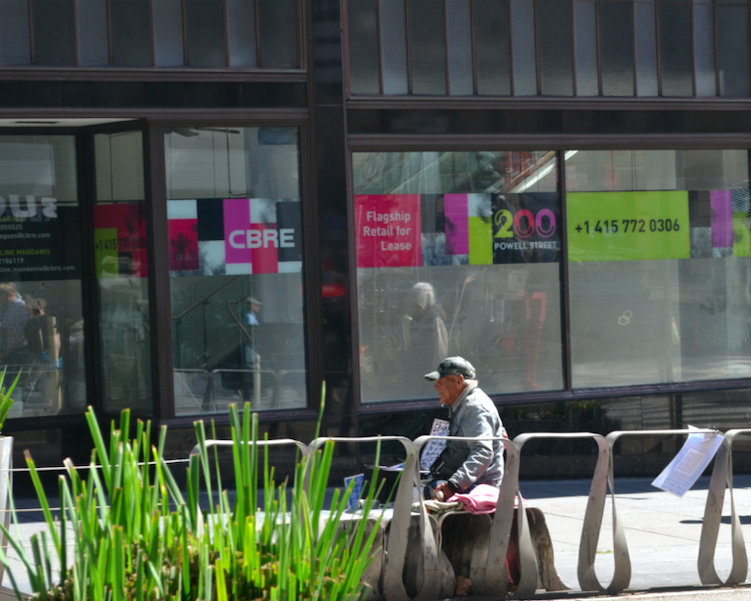
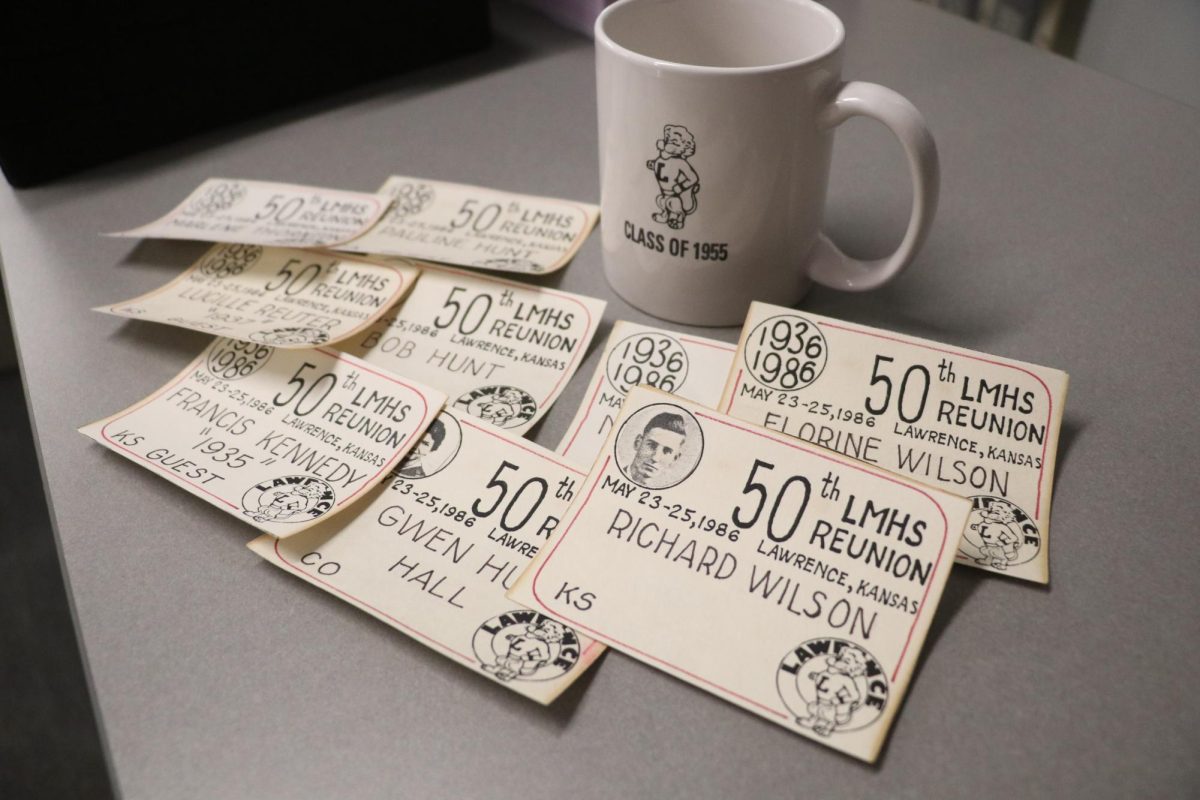
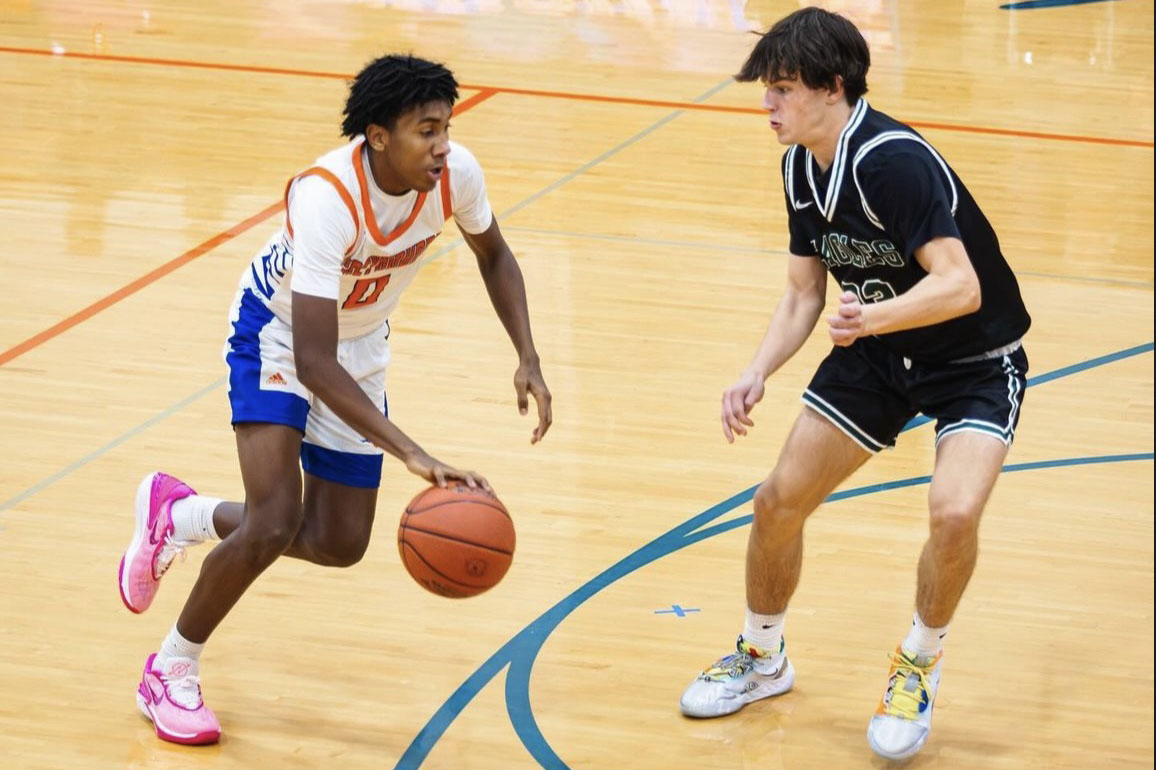
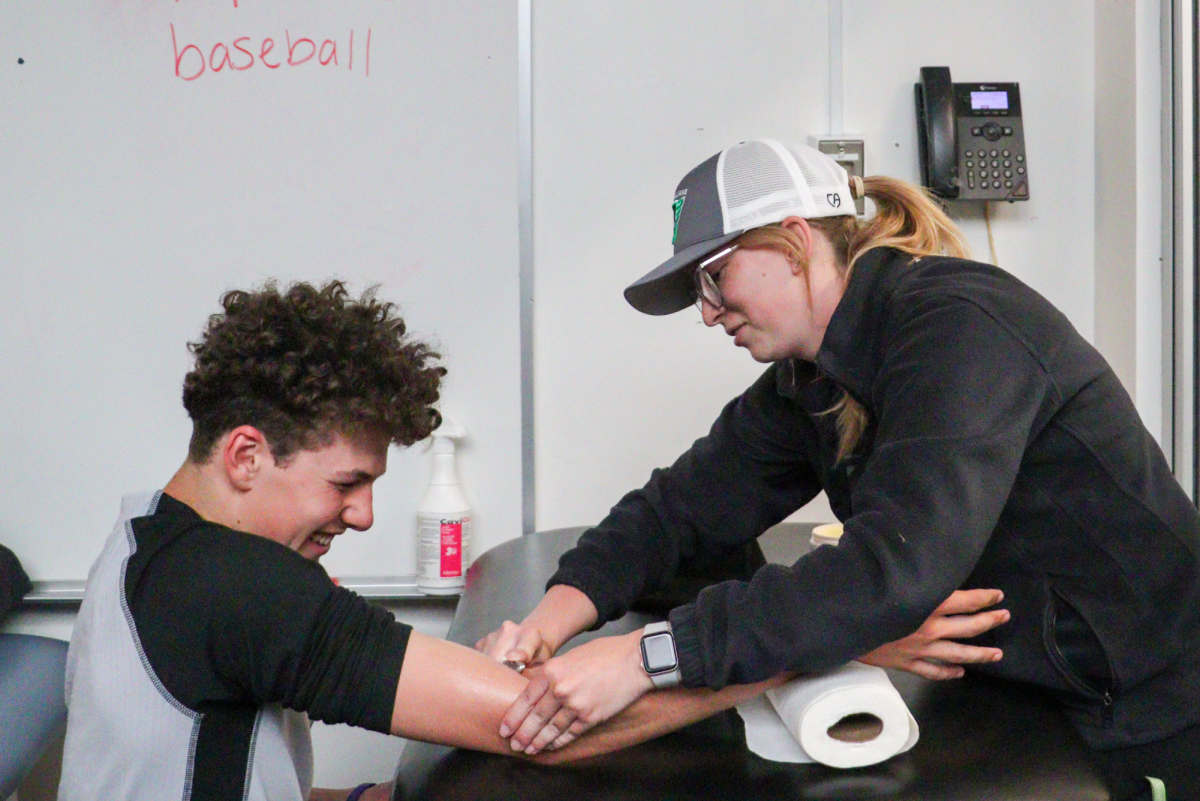

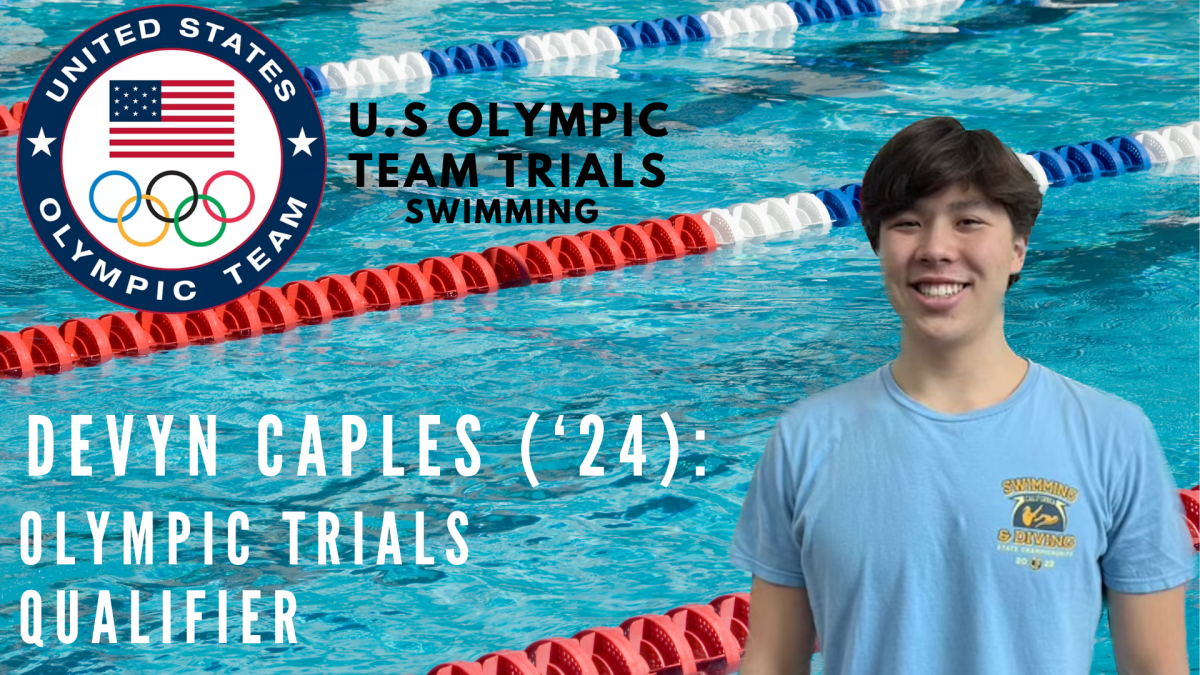

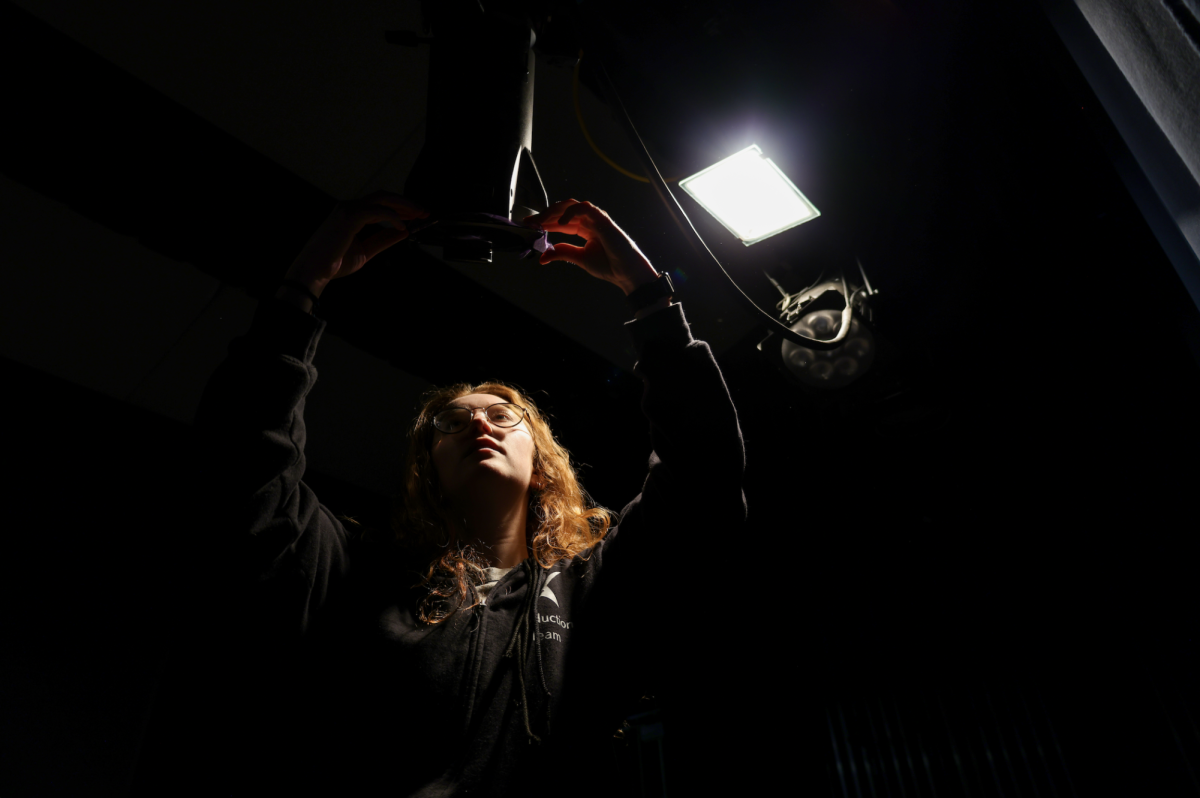



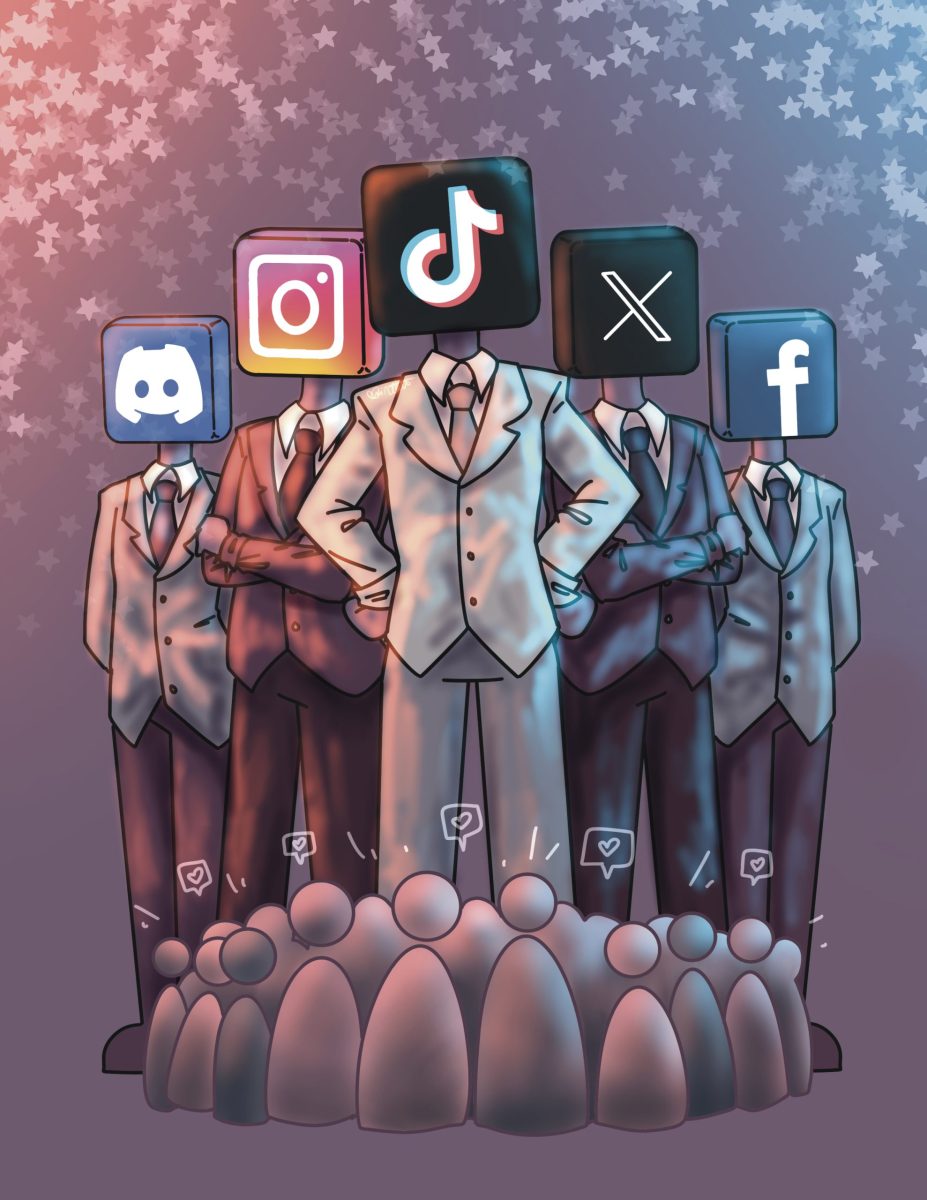


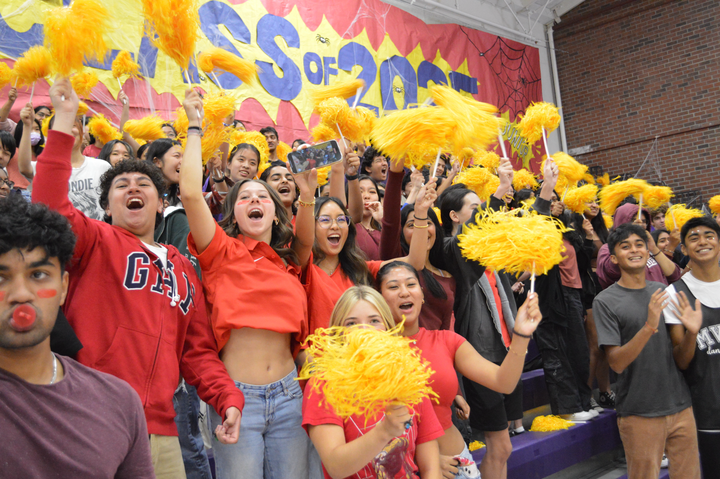

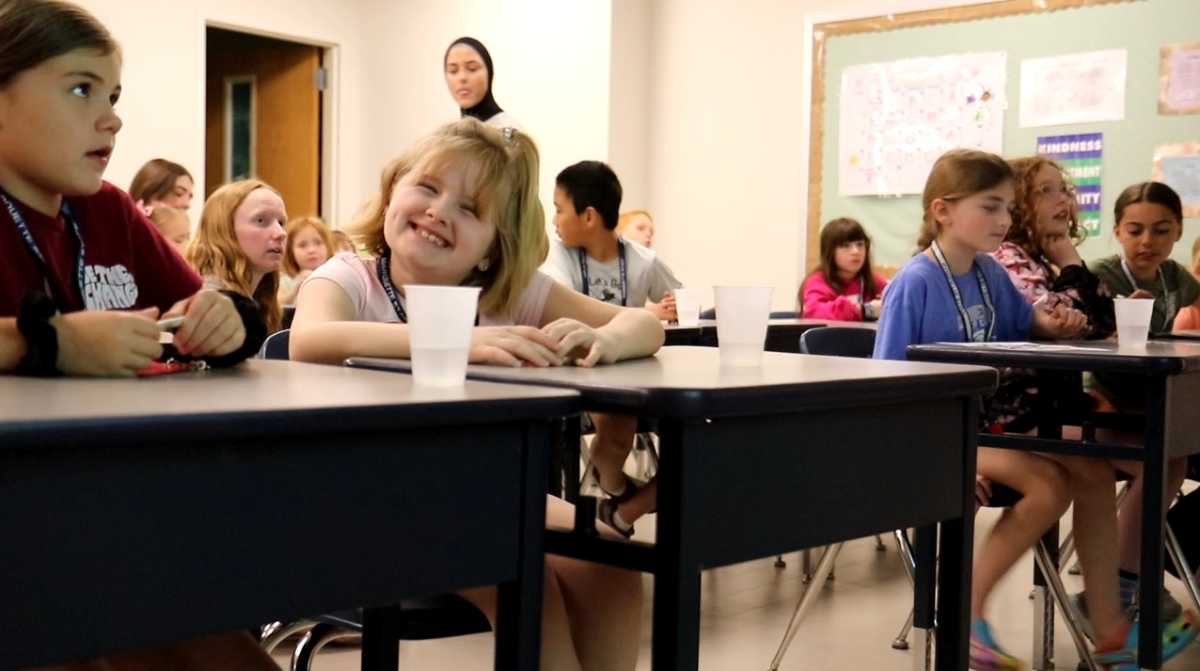
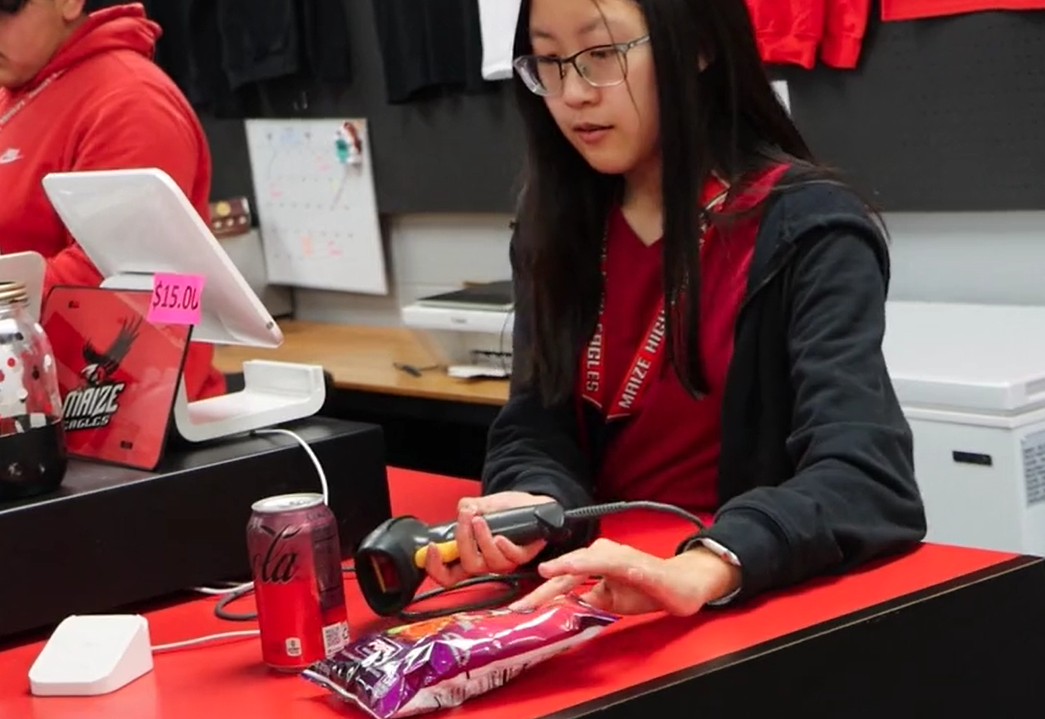
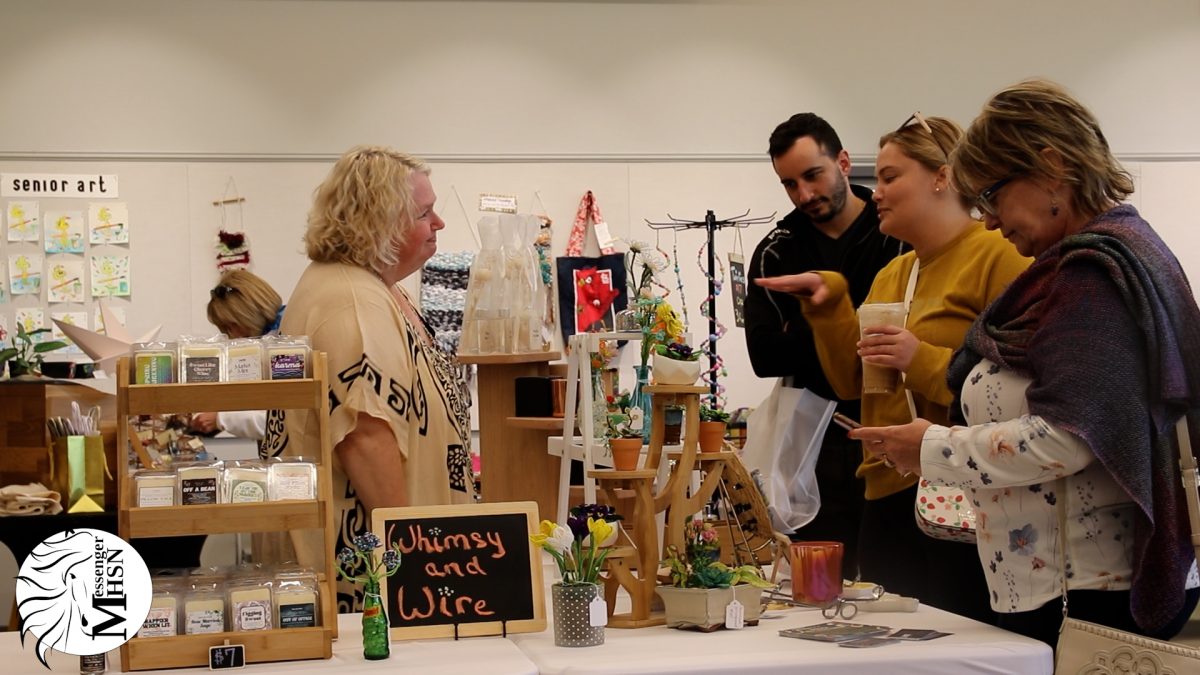






![IN THE SPOTLIGHT: Junior Zalie Mann performs “I Love to Cry at Weddings,” an ensemble piece from the fall musical Sweet Charity, to prospective students during the Fine Arts Showcase on Wednesday, Nov. 8. The showcase is a compilation of performances and demonstrations from each fine arts strand offered at McCallum. This show is put on so that prospective students can see if they are interested in joining an academy or major.
Sweet Charity originally ran the weekends of Sept. 28 and Oct. 8, but made a comeback for the Fine Arts Showcase.
“[Being at the front in the spotlight] is my favorite part of the whole dance, so I was super happy to be on stage performing and smiling at the audience,” Mann said.
Mann performed in both the musical theatre performance and dance excerpt “Ethereal,” a contemporary piece choreographed by the new dance director Terrance Carson, in the showcase. With also being a dance ambassador, Mann got to talk about what MAC dance is, her experience and answer any questions the aspiring arts majors and their parents may have.
Caption by Maya Tackett.](https://bestofsno.com/wp-content/uploads/2024/02/53321803427_47cd17fe70_o-1-1200x800.jpg)
![SPREADING THE JOY: Sophomore Chim Becker poses with sophomores Cozbi Sims and Lou Davidson while manning a table at the Hispanic Heritage treat day during lunch of Sept 28. Becker is a part of the students of color alliance, who put together the activity to raise money for their club.
“It [the stand] was really fun because McCallum has a lot of latino kids,” Becker said. “And I think it was nice that I could share the stuff that I usually just have at home with people who have never tried it before.”
Becker recognizes the importance of celebrating Hispanic heritage at Mac.
“I think its important to celebrate,” Becker said. “Because our culture is awesome and super cool, and everybody should be able to learn about other cultures of the world.”
Caption by JoJo Barnard.](https://bestofsno.com/wp-content/uploads/2024/01/53221601352_4127a81c41_o-1200x675.jpg)


